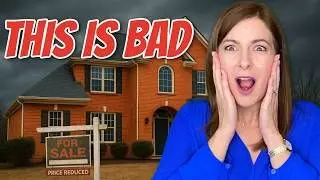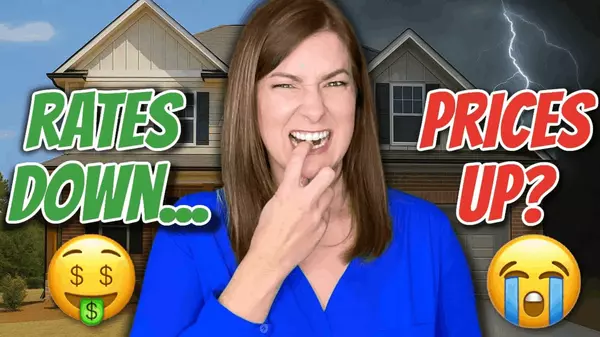
North Georgia's Best Kept Secret: Duluth, GA
North Georgia’s Best Kept Secret: Duluth, GA Looking for a Metro Atlanta suburb that’s vibrant, walkable, and more affordable than Alpharetta or Johns Creek? You might want to take a closer look at Duluth, Georgia — one of North Georgia’s best-kept secrets. I’m Sarah Maslowski with KeyPoint Homes Gr

The Most OVERRATED Towns in Metro Atlanta?! Buy or Bye
The Most Overrated Towns in Metro Atlanta (and the Hidden Gems to Consider Instead) If you’ve Googled “best suburbs near Atlanta,” you’ve probably seen the same names pop up: Johns Creek, Alpharetta, and Suwanee. They top every list for great schools, beautiful homes, and quality of life. But are th

The Hidden Costs of Moving to North Metro Atlanta
Thinking about relocating to the North Metro Atlanta suburbs? From Alpharetta to Gainesville, these areas offer beautiful neighborhoods, great schools, and easy access to the city. But before you pack your bags, it’s important to know the real costs of living here. I’m Sarah Maslowski with KeyPoint
Categories
- All Blogs (196)
- 55+ Community (5)
- Alpharetta (10)
- Atlanta (18)
- Braselton (3)
- Buford (9)
- Cumming (9)
- Dacula (1)
- Dawsonville (2)
- Duluth (3)
- Florida (4)
- Flowery Branch (4)
- Gainesville (14)
- Georgia (49)
- Grayson (1)
- Home Buyer (1)
- Homeowners (1)
- Hoschton (1)
- Housing Market (3)
- Jefferson (2)
- Johns Creek (4)
- Lake Hartwell (1)
- Lake Lanier (16)
- Lawrenceville (3)
- Loganville (1)
- Metro Atlanta (14)
- Milton (1)
- Monroe (1)
- New Construction (6)
- North Georgia (3)
- Real Estate Market (9)
- Snellville (1)
- Sugar Hill (2)
- Suwanee (5)
- Townhomes vs Houses (1)
- Townhouse (1)
- YouTube Resources for Agents (1)
Recent Posts










